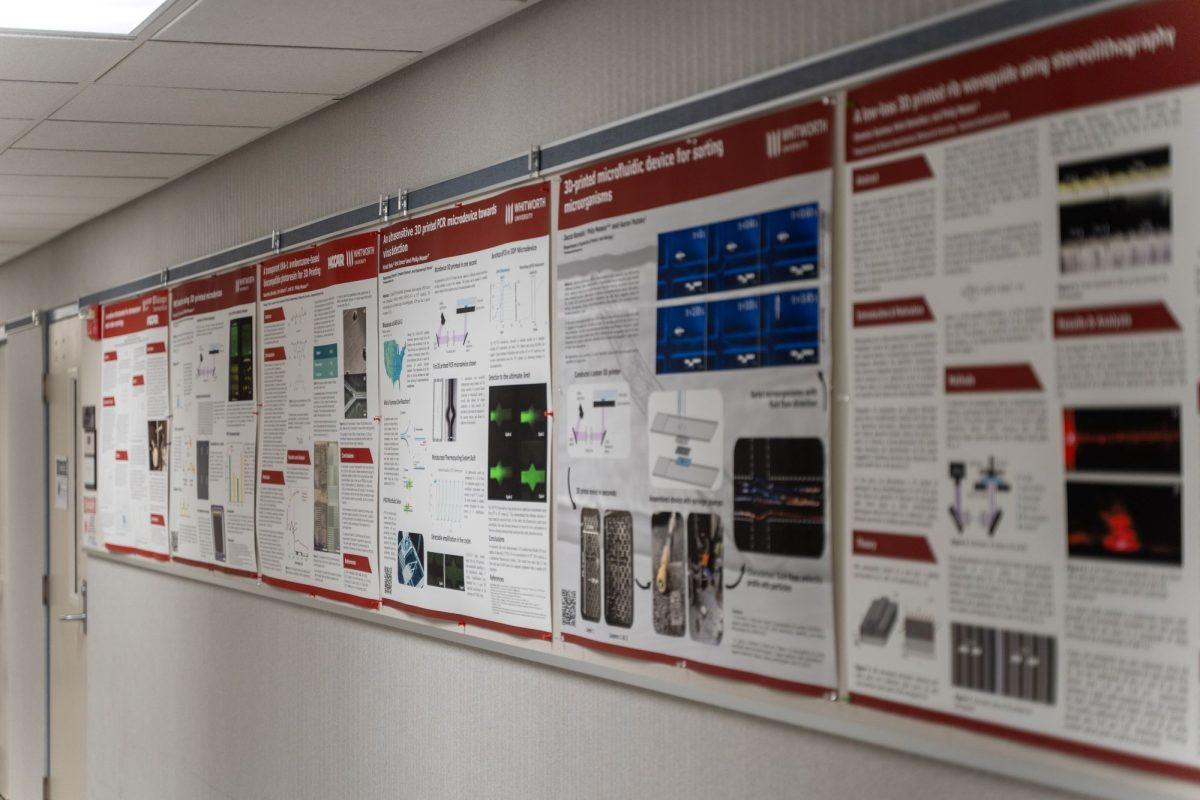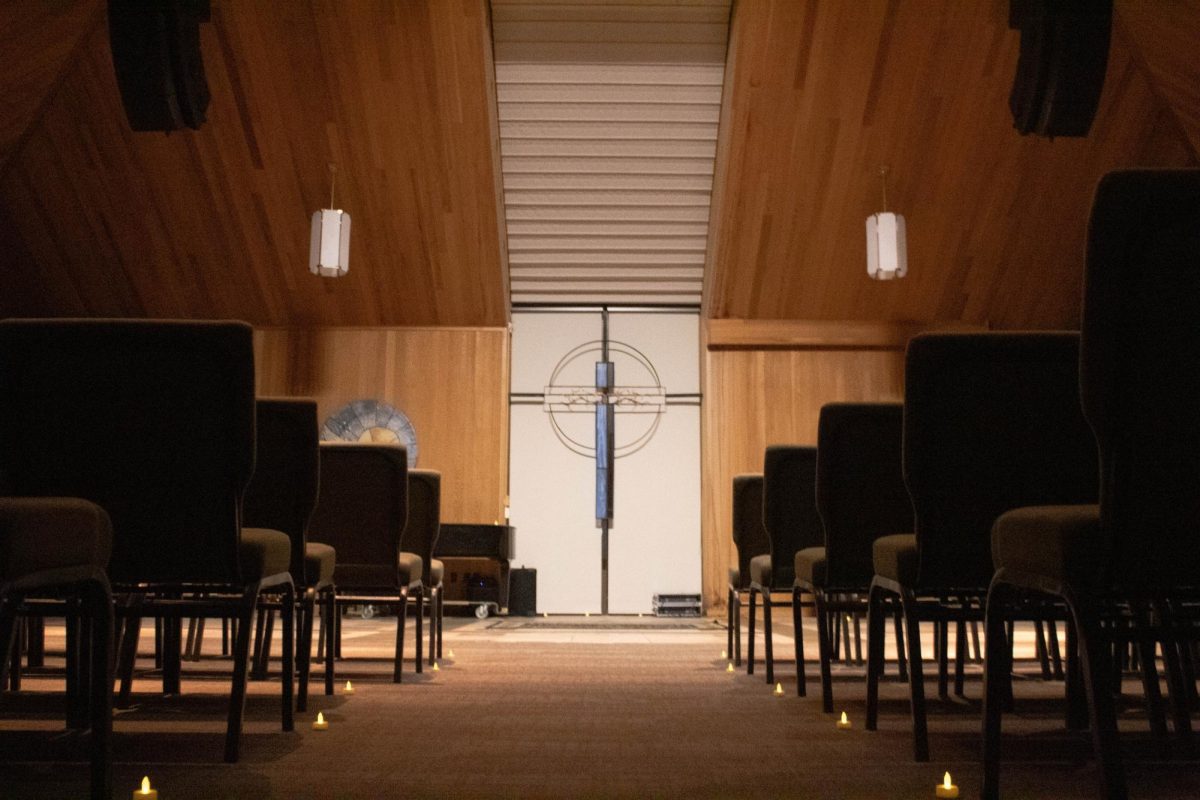
The academic catalog is changing for the 2024-2025 school year. Here are the answers to some common questions about what is changing and whether students should switch to the new catalog or remain with their current one.
The most significant change coming to the catalog is a reduction in the total number of shared curriculum (SC) credits students are required to take. Currently, students are required to complete 51 SC credits. However, the 2024 catalog will only require 34 SC credits for graduation. Despite this reduction, the 126 credits students are required to take to complete a bachelor’s degree will stay the same. Dr. Jake Rapp, director of Shared Curriculum and Academic Transitions explained at an overview event on April 3 that this change aims to free up financial resources for the university and provide students with more room to take classes they are specifically interested in.
To meet the newly reduced SC requirements, a variety of classes have been changed or removed from the program. Core 150, 250 and 350 will no longer be offered, and students will have the option to take either a world language or cultural diversity class rather than both. This either-or option will also apply to the natural science and math requirements. The number of physical education credits will similarly be reduced to one credit instead of the current three credits. The E-Tag will also no longer be required.
This leaves students with two options: to remain in the current catalog or to shift to the 2024 catalog. Students considering moving to the new calendar should consider that students are required to be on the same catalog year for all majors, minors and SC requirements, and are not able to revert to a previous year once updated. Changing your catalog is a permanent change.
Another commonly asked question is what happens to students who have completed some of the core series but not all the courses (150, 250 and 350). Students who have taken two of the core classes may substitute any other SC class to fulfill the last core class. Students who have only taken one core class will substitute one core for a biblical literature or faith, reason and contemporary issues (FRCI) course along with any other SC class.
Faculty approved the removal of the core program and “are finding ways of carrying forward their experience and their passion in ways that are going to stay with us and stay with students,” said Rapp. “All of us [faculty members] are looking for ways to plug in those meaningful aspects to our work going forward as much as we can.”

















